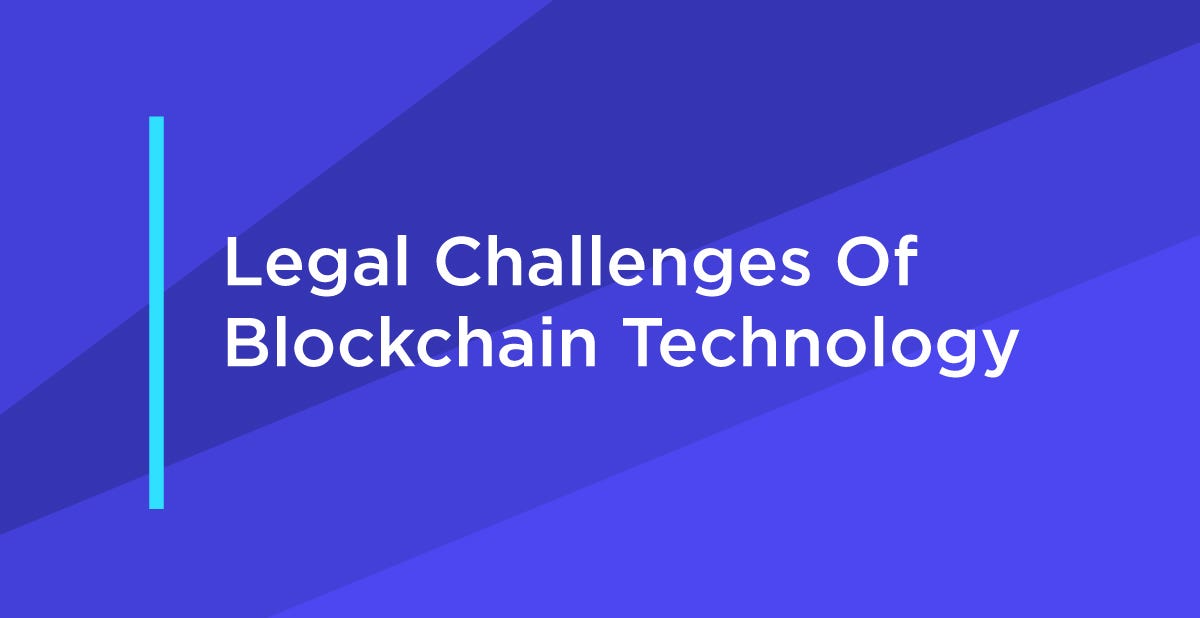
Blockchain technology has revolutionized industries by offering transparency, decentralization, and trustless transactions. However, as adoption grows across fintech, supply chains, gaming, and Web3 platforms, legal and regulatory challenges have become increasingly complex, especially for foreign clients outsourcing blockchain development to Indian vendors. At Tech Legal, we specialize in cross-border legal compliance, smart contracts, and dispute resolution for blockchain projects. Here are the top legal issues you must watch for and how to tackle them.
- Jurisdiction and Cross-Border Disputes
Blockchain is borderless, but legal disputes are not. Clients and vendors in different countries often face confusion on which country’s laws apply and which courts have jurisdiction in case of a conflict. Always insert a clear governing law and dispute resolution clause in your smart contracts and service agreements. For foreign clients working with Indian developers, consider arbitration in a neutral location and compliance with international arbitration laws.
- Smart Contract Enforceability
Smart contracts are coded agreements that self-execute. But are they legally binding under Indian or international contract law? While courts recognize electronic contracts, smart contracts should be backed by written agreements that define parties’ obligations, payment terms, and liability. At Tech Legal, we ensure your smart contract code is aligned with enforceable legal language.
- Regulatory Uncertainty Around Tokens and Crypto Assets
India and many countries are still evolving their stance on utility tokens, NFTs, and crypto payments. This creates risk for token-based business models or ICOs launched without clarity. Clients must seek early legal advice before token issuance. We help clients navigate the Prevention of Money Laundering Act (PMLA), SEBI guidelines, and international KYC/AML rules, while structuring tokens to avoid classification as “securities.”
- Intellectual Property (IP) Ownership
Who owns the code, smart contracts, and dApps once development is complete? Many clients forget to assign IP rights contractually, leading to disputes. Clients must execute clear IP assignment clauses in all vendor contracts. Whether you’re outsourcing UI design, backend code, or smart contracts ensure that exclusive ownership is transferred to you upon payment.
- Data Privacy and Security Compliance
Blockchain’s immutability can conflict with data privacy laws like India’s DPDP Act or the EU’s GDPR, especially regarding the “right to be forgotten.” Clients must structure blockchain solution to store only hashed or anonymized data. Include privacy policies, informed user consent, and legal disclaimers in your platform.
Final Thoughts
Blockchain innovation must be backed by legal clarity and contractual strength. As a boutique law firm focused on tech, crypto, and Web3, Tech Legal ensures your India outsourcing journey is secure, compliant, and enforceable.
Need legal help with your blockchain project?
Reach out to us at www.yourtechlegal.com
